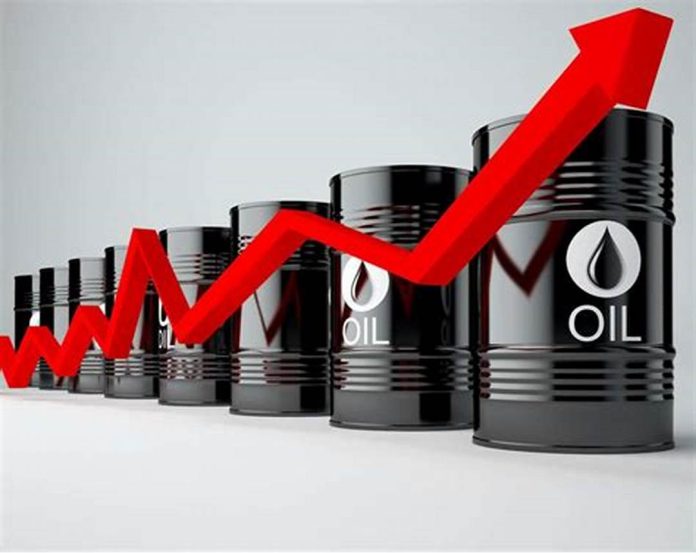Oil prices are set to average $81 a barrel in 2024 in case the Hamas-Israel war doesn’t spill over to the region—otherwise, in a ‘large supply disruption’ scenario, prices could spike to as high as $157 per barrel, the World Bank said on Monday.
This quarter, oil prices are expected to average $90 per barrel – not too different from the price of oil early on Monday at just below $90, according to the World Bank’s latest Commodity Markets Outlook published today.
So far, the conflict between Hamas and Israel has had limited impact on the global commodity markets, with oil prices having risen by around 6% since the Hamas attack on Israel.
But prices of agricultural commodities, most metals, and other commodities have barely budged, mostly because of the global economy’s improved ability to absorb oil price shocks, the World Bank says.
Yet, the bank has assessed three possible risk scenarios of oil supply disruptions based on historical experience since the 1970s.
In a “small disruption” scenario where global oil supply would be reduced by up to 2 million barrels per day, oil prices would initially increase between 3% and 13% relative to the average for the current quarter—to a range of $93 to $102 a barrel.
The “medium disruption” scenario—roughly equivalent to the Iraq war in 2003—would take up to 5 million bpd off global oil supply and send oil prices jumping by 21% to 35% initially—to between $109 and $121 a barrel, according to the World Bank.
In a “large disruption” scenario—comparable to the Arab oil embargo in 1973—global oil supply would shrink by up to 8 million bpd and push prices surging by 56% to 75% initially—to between $140 and $157 a barrel, the bank added.
“If the conflict were to escalate, the global economy would face a dual energy shock for the first time in decades—not just from the war in Ukraine but also from the Middle East,” Indermit Gill, the World Bank’s Chief Economist and Senior Vice President for Development Economics said in a statement.
Source: Oilprice.com















